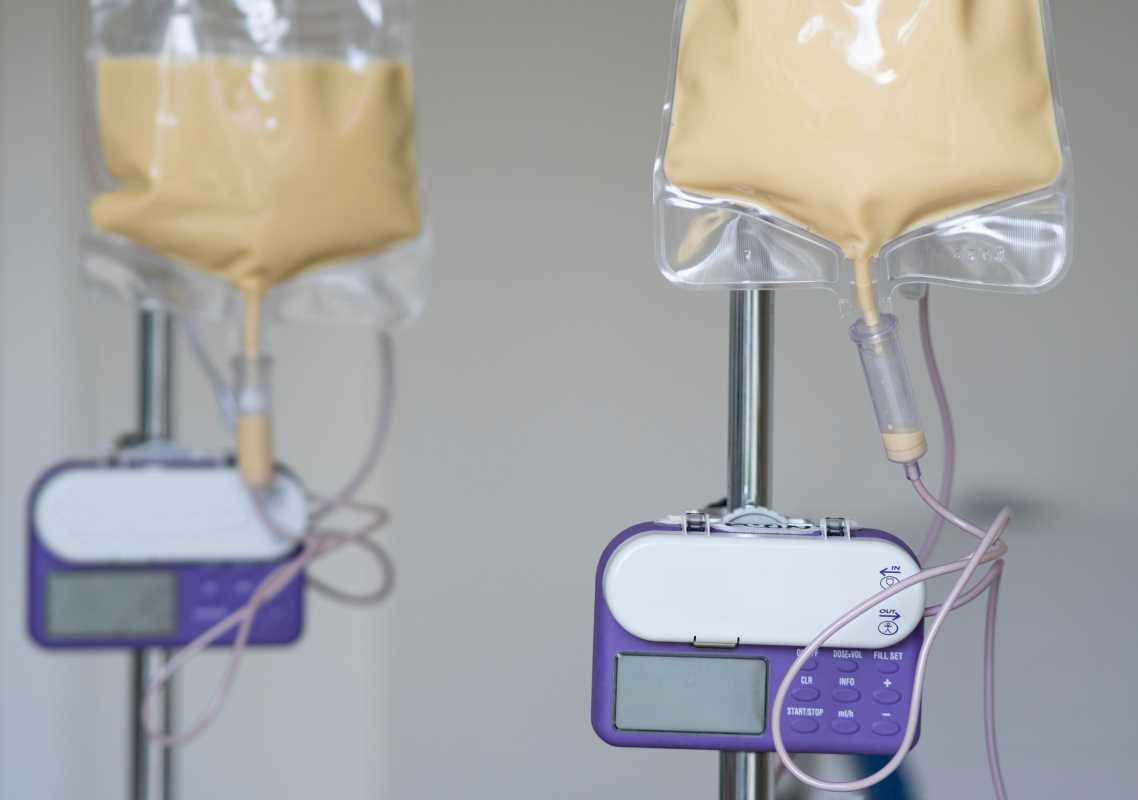Parenting is no easy job, and for many, the teenage years can bring some of the toughest challenges yet. These years are a whirlwind of change, confusion, and growth for your child. While some hurdles might be expected – like mood swings or a testing of boundaries – discovering that your teen is self-harming can leave you feeling panicked, heartbroken, and unsure of what to do. It’s a deeply emotional subject, but you’re not alone in facing it. Self-harm among teens is more common than many people realize, and there are ways to support your child through this difficult time.
This article will provide you with an understanding of self-harm, why teens may turn to it, and most importantly, practical steps you can take to help. Remember, your love and involvement can play a crucial role in their healing process.
Self-harm, also called self-injury, usually refers to deliberately hurting oneself as a way to cope with emotional pain or overwhelming feelings. It can take many forms, such as cutting, burning, scratching, or even hitting oneself. It’s important to note that self-harm is not always about wanting to end one’s life. For many teens, it’s their way of expressing or managing emotional pain that feels too heavy to handle.
Understanding this distinction is critical. Though self-harm doesn’t always mean your teen is suicidal, it is a clear warning sign that they’re experiencing intense emotional distress and need support.
Why Do Teens Self-Harm?
The teenage years can be an emotional rollercoaster. Between academic pressure, social challenges, hormonal changes, and the struggle to figure out who they are, it’s no surprise some teens feel overwhelmed. For those who haven’t yet developed healthy coping skills, self-harm can become a way to express or manage those emotions. Here are some common reasons teens might turn to self-harm:
- Releasing Emotional Pain: Some teens feel an unbearable weight of sadness, anger, or anxiety. Self-harm can feel like a physical "release" for those pent-up emotions.
- Feeling in Control: When life feels chaotic, self-injury can provide a sense of control. It’s not healthy, but for some teens, it feels like the only area of their life they can manage.
- Communicating Pain: Teenagers sometimes struggle to ask for help or put their emotions into words. Self-harm may become their way of signaling that they’re hurting and need support.
- Numbing the Pain: For others, it’s less about feeling and more about escaping. By focusing on physical pain, they momentarily numb deep emotional pain.
It’s essential to approach this with an open mind and empathy. The reasons behind self-harm are complex and vary from person to person.
Signs That Your Teen May Be Self-Harming
Teens who self-harm often go to great lengths to hide their behavior. They may feel ashamed or afraid of how others will react. That’s why it’s important to watch for subtle signs that something might be wrong. Some red flags include:
- Wearing long sleeves or pants even in hot weather to hide scars or injuries
- Unexplained cuts, bruises, or burns
- Avoiding activities like swimming or changing clothes in front of others
- Bloodstains on clothing or hidden razor blades, knives, or other sharp objects
- Mood changes, like sudden withdrawal, irritability, or sadness
- Frequently mentioning feelings of worthlessness, guilt, or not being good enough
If you notice any of these signs, don’t ignore them. Trust your instincts, and trust that your teen needs your support.
How to Talk to Your Teen About Self-Harm
Approaching your teen about self-harm can feel intimidating. You may worry about saying the wrong thing or pushing them further away. But having an open and non-judgmental conversation is key to getting them the help they need. Here’s how to start:
Find the Right Time and Place
Avoid bringing it up during an argument or when emotions are running high. Choose a private, calm setting where you can talk openly without interruptions.
Express Concern Without Judgment
Start by letting them know you’ve noticed something’s wrong and that you care about them. For example, you might say, “I’ve noticed some cuts on your arms, and I’m really worried about you. Can we talk about what’s going on?”
Listen Without Interrupting
Give them the space to explain how they feel, even if it’s hard to hear. Avoid lecturing or jumping to solutions right away. Sometimes, all they need is for you to truly hear them.
Reassure Them
Let your teen know they’re not alone and that you love them no matter what. Help them understand that asking for help is a sign of strength, not weakness.
Avoid Ultimatums
It might be tempting to say something like, “Just stop doing this, or there will be consequences.” But ultimatums can make things worse by adding more pressure or shame.
Getting Professional Help
If your teen is self-harming, one of the best things you can do is connect them with a mental health professional. Therapists and counselors are trained to help teens develop healthy coping strategies and work through the underlying issues causing them distress. Here are some steps to consider:
Start With Your Family Doctor
A trusted doctor can help assess the situation, recommend a therapist, or rule out other underlying medical concerns.
Look Into Therapy Options
Cognitive Behavioral Therapy (CBT) is often used to help people understand and change unhealthy thought patterns. Group therapy can also help teens realize they're not alone in what they’re feeling.
Consider School Resources
Many schools have counselors or social workers who can provide support and connect you with outside resources.
Remember, therapy is not a “quick fix.” It’s a process, and it takes time for teens to develop healthier ways of coping.
How You Can Support Your Teen at Home
While professional help is essential, your role as a parent or caregiver is just as important. Being supportive and creating a safe environment at home can help your teen feel loved and understood. Here are some ways you can help:
Educate Yourself About Self-Harm
The more you know, the better equipped you’ll be to support your teen. Understanding why they self-harm can help you approach the topic with compassion.
Avoid Criticism
It’s natural to feel frustrated or confused, but try not to express disappointment. Focus on supporting their recovery, not shaming them for their behavior.
Encourage Healthy Outlets
Help your teen find positive ways to cope with stress, such as journaling, painting, exercising, or playing music.
Be Patient
Healing doesn’t happen overnight. Your teen may stumble along the way, and that’s okay. The most important thing is that you’re there for them, even when progress feels slow.
Build a Stronger Relationship
Spend quality time with your teen, and remind them they’re not alone in this. Simple things like going for a walk or sharing a meal can make a big difference.
 (Image via
(Image via





